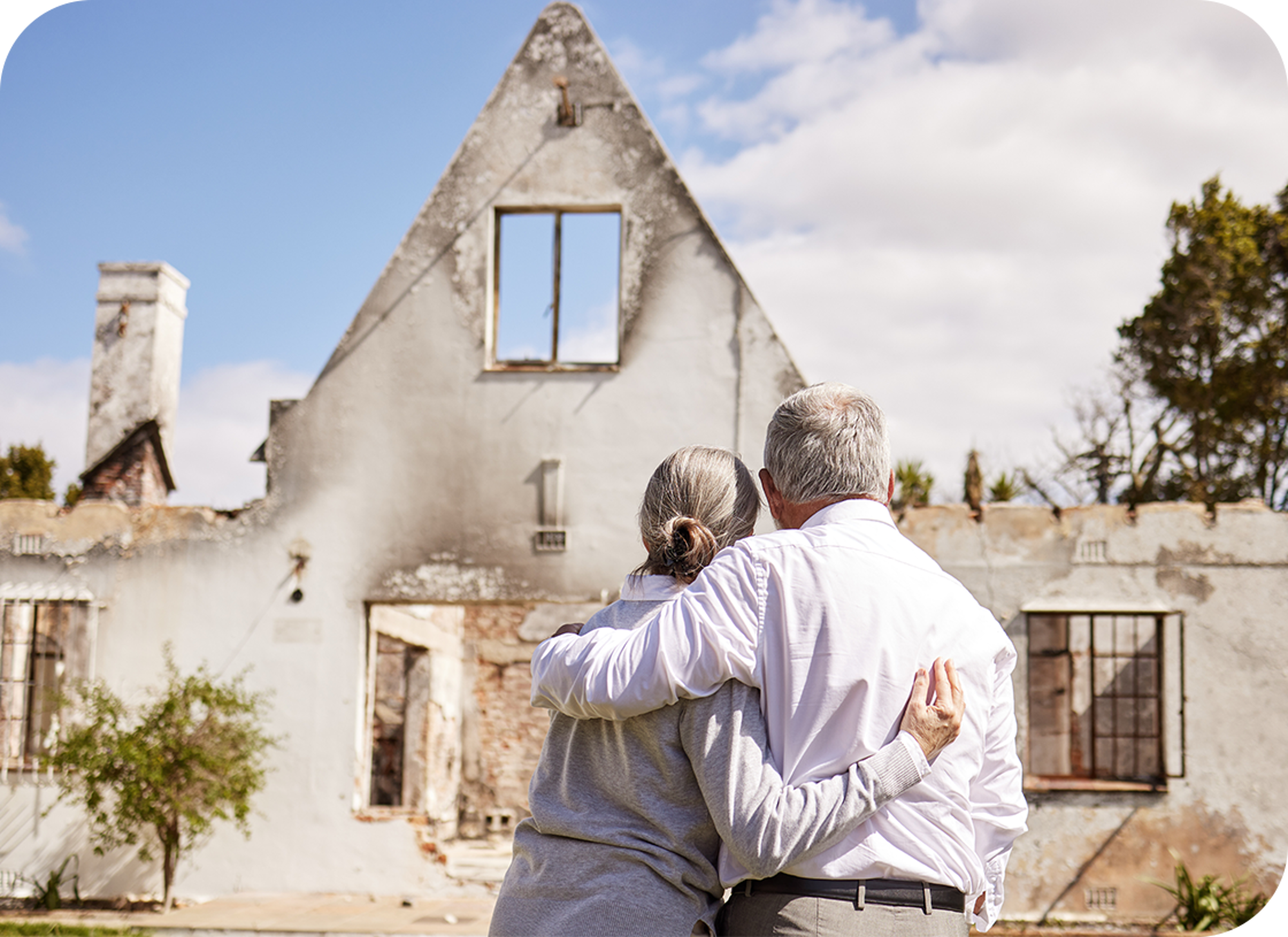In the wake of the disastrous fire season in Los Angeles during January 2025, thousands of people were directly affected by the devastation of the Pacific Palisades fire, the Eaton fire, the Hurst fire, and several others still raging as of this writing.
Those indirectly impacted also face overwhelming concerns, such as:
- How will I save my family and pets?
- What are the most important things to have ready to go if I have only 15 minutes to evacuate?
- What about 30 minutes or an hour?
- Is my ‘go bag’ full of three days of clothing and toiletries?
- Do I have emergency cash?
- Do I have important papers like insurance policies, deeds, credit cards, and passports?
- Can I rescue items with emotional ties?
- I can’t abandon my beloved pets either; what do they need to survive the coming days?
The tension and stress are palpable, mirroring the experiences of many communities affected by disasters—be it fire, earthquake, flood, or hurricane. People are on edge, worrying if their neighborhood will be the next to evacuate or, worse, be devastated beyond recognition.
Once the immediate danger has passed, another challenge arises: surviving the emotional and psychological aftermath. Even if your home and possessions remain intact, the landscape of your life may be forever altered. Landmarks tied to cherished memories—a favorite family restaurant, a place of worship, a beloved hiking trail—may no longer exist. The loss extends beyond material things; it’s the emotional toll that lingers long after the fires are out.
The Support You Need: Employee Assistance Programs (EAP)
During times of crisis, it’s crucial to remember that you don’t have to navigate the aftermath alone. Employee Assistance Programs (EAPs) offer invaluable support, whether you’re facing the impact of a natural disaster, the loss of a loved one, stress in your personal or professional life, or any other challenge that weighs on your mental well-being.
EAPs are often overlooked yet are some of the most essential benefits available. Staffed with professional counselors, these programs provide confidential assistance to help you process grief, anxiety, and uncertainty. Even if you just need someone to talk to, an EAP is there for you. Importantly, these services are private—your employer will never have access to your use of this valuable resource.
Your EAP is ready to support you when you need it most, whether you’re dealing with a personal crisis or a larger-scale disaster. To learn more about the EAP benefits available to you, reach out to your employer’s HR or benefits coordinator or contact the Venbrook Employee Benefits team.
Emergency Preparedness Tips
Being prepared can make all the difference when disaster strikes. Here are essential steps to safeguard yourself and your loved ones:
1. Build Your Emergency Kits
- Go-Kit: A three-day supply of food, water, and medicine in a portable bag
- Stay-at-Home Kit: A two-week supply of essentials in case of shelter-in-place orders
- Medical Needs: Keep a month’s worth of medications and secure personal, financial, and medical records
2. Stay Connected
- Sign up for emergency alerts
- Have a backup phone charger
- Keep a battery-powered radio for real-time updates
3. Learn Critical Emergency Skills
- Know First Aid and CPR
- Prepare for power outages and plan for medical device needs
- Understand wildfire smoke hazards and take precautions to protect your health
Resource Links for Wildfire Preparedness
Pre- and Post-Fire Safety
- Red Cross Wildfire Preparedness
- Cal Fire - Ready for Wildfire
- LAFD Wildfire Information
- LA County Emergency Survival Guide
- Watch Duty App - Fire Maps & Shelter Info
Resources for Pets
FEMA Resources
- FEMA Main Site
- Financial Aid & Disaster Assistance or call 1-800-621-3362
- Prepare Your Pets for Disasters
If you'd like to learn more, please contact me at:
Robert Guenther
Senior Client Manager
rguenther@venbrook.com
Tel: (818) 598-8935
























